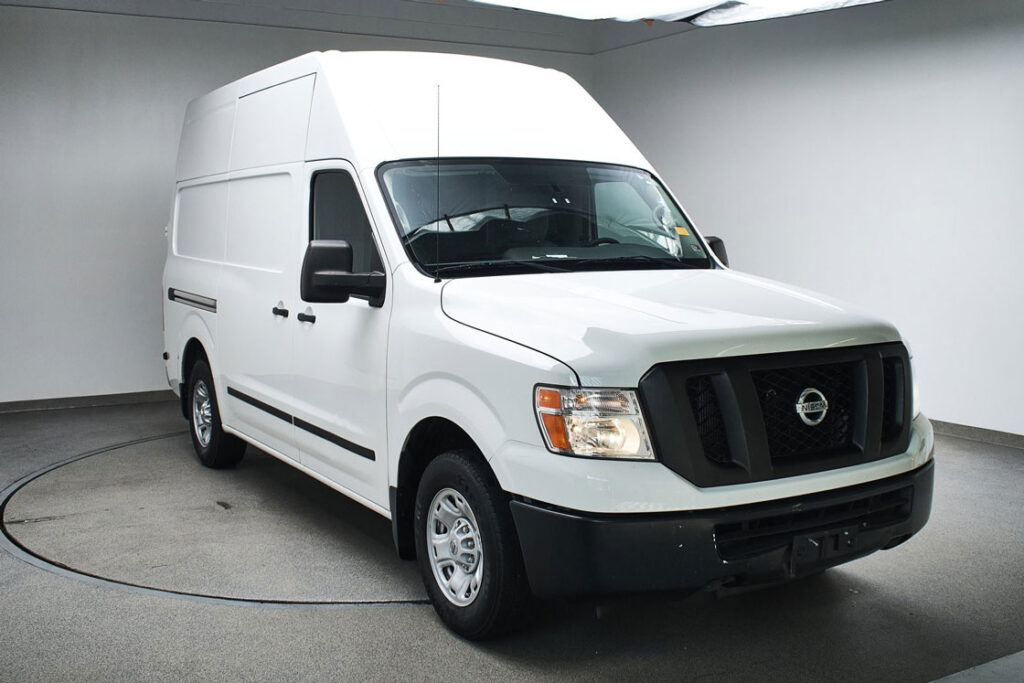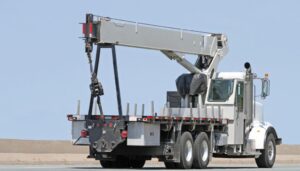Table of Contents
Setting up your cargo van business as an S Corporation (S Corp) is a strategic move that can unlock several benefits and advantages. Let’s delve into why this is the right path for your business venture.
Firstly, as an S Corp., your business gains a tax advantage. This corporate structure allows you to avoid double taxation, unlike a C corporation, which means your business’s profits pass through to your personal tax return. This results in a potentially lower tax liability and more money in your pocket.
Furthermore, an S Corp provides limited liability protection. This means your personal assets are shielded from business debts and liabilities, safeguarding your financial security.
Setting up an S Corp. is a relatively straightforward process. You need to incorporate your business by filing the necessary paperwork, including Articles of Incorporation, and elect S Corp status by filing IRS Form 2553. Ensure that you have a proper operating agreement in place, outlining how the business can be managed.
In summary, choosing the S Corp structure for your cargo van business is a smart decision. It offers tax advantages, personal asset protection, and a clear path to setting up your business with relatively simple legal requirements. This choice can lead to financial success and peace of mind as you embark on your cargo van business journey.
Setting up your cargo van business as an S Corporation (S Corp) involves the steps below:
- Register Your Business
- Draft Corporate Bylaws
- Hold an Organizational Meeting
- File Form 2553 with the IRS
- Comply with State and Local Regulations
- Get Financial and Recordkeeping
- Comply with Employment and Tax Regulations
Recap
1. Register Your Business
To establish an S corporation, you must formally register your business through the relevant state agency. This typically entails submitting either articles of incorporation or organization, depending on your state’s specific prerequisites. These documents serve as the legal foundation for your business, delineating its structure and operations. By complying with state regulations, you gain the distinct tax benefits and liability protection associated with an S corporation. It is a critical step in positioning your business for growth and fiscal advantages. Ensure precise adherence to your state’s guidelines during this process.
2. Draft Corporate Bylaws
To acquire a successful cargo van business as an S Corp, Draft corporate bylaws.
When establishing a corporation, it is imperative to craft comprehensive corporate bylaws. These legal documents serve as the foundation for governing your business. It delineates the specific roles and responsibilities of shareholders, directors, and officers within the organization. By clearly defining these parameters, bylaws help maintain order, streamline decision-making, and protect the interests of all stakeholders. Thus, creating well-structured corporate bylaws is a fundamental step in ensuring the smooth and effective operation of your business entity.
3. Hold an Organizational Meeting
To establish a robust corporate framework, commence with a crucial preliminary gathering involving shareholders and directors. During this assembly, your primary objectives encompass the adoption of bylaws, the election of officers, and the meticulous recording of meeting minutes. This procedural diligence sets the foundation for transparent governance and organizational accountability, aligning your enterprise with legal and regulatory standards. Instill these foundational principles at the outset to ensure a smooth and compliant operational trajectory.
4. File Form 2553 with the IRS
To attain S Corporation status, submit Form 2553 to the IRS within the designated time frame. This election endows your enterprise with the privilege of channeling income, losses, deductions, and credits directly to shareholders for federal tax purposes. This legal maneuver often proves advantageous to small businesses, shielding them from the double taxation that plagues C corporations. Furthermore, it bestows a considerable tax benefit upon eligible entities, ensuring that profits and losses are distributed efficiently among stakeholders. The process is complex, necessitating careful compliance, but the tax advantages it confers make the effort worthwhile for those who meet the eligibility criteria.
5. Comply with State and Local Regulations
To successfully operate a cargo van business, it’s imperative that you meticulously adhere to state and local regulations. This entails obtaining the necessary permits and licenses. Your first step should be reaching out to your state’s secretary of state office. Their guidance may be invaluable in navigating the specific obligations relevant to your region. Failure to meet these legal requirements can lead to severe consequences, so stay diligent and informed to ensure your business operates smoothly and within the bounds of the law.
>>>PRO TIPS: Is a Cargo Van Business Profitable?
6. Get Financial and Recordkeeping
To begin your cargo van business as an S Corp, etc financial and recordkeeping.
Setting up a distinct business bank account is essential for S corporations. This practice ensures financial separation between personal and business funds, a fundamental aspect of corporate compliance. Equally critical is the maintenance of meticulous financial records. Accurate recordkeeping not only fosters transparency but also demonstrates adherence to tax regulations and legal requirements. This diligent approach safeguards S Corp’s limited liability status, shielding personal assets from business liabilities. In essence, the establishment of a dedicated account and rigorous financial record maintenance are non-negotiable for the responsible governance of an S corporation.
7. Comply with Employment and Tax Regulations
To set up a cargo van business as an S corp, comply with employment and tax regulations.
Strictly adhere to both federal and state employment and tax regulations. This includes meticulous compliance with payroll tax obligations and workers’ compensation mandates. Failure to do so can result in severe legal consequences and financial penalties. Ensuring full compliance with these regulations demonstrates a commitment to ethical and lawful business practices, ultimately safeguarding both the organization and its employees. Thus, diligent attention to these critical aspects of employment and taxation is indispensable for any responsible and law-abiding entity.
Recap
Setting up a cargo van business as an S corporation offers several advantages. First, it provides a legal structure that separates your personal assets from the business, protecting you from liabilities. It also allows you to pass through profits and losses to your personal tax return, potentially reducing your tax burden. To establish this, Register your business with your state. File articles of incorporation, elect S corporation status with the IRS, create bylaws and hold initial shareholder meetings, issue stock certificates, obtain necessary licenses and permits, open a separate business bank account, and maintain accurate financial records.
By taking these steps, you can be on the path to running a successful cargo van business as an S corporation, enjoying limited liability, tax advantages, and structured operations.
Remember that the specifics of setting up an S corporation can vary by location and your business’s unique circumstances, so seek professional advice. Additionally, staying compliant with all legal and tax obligations is crucial for the success and longevity of your cargo van business.



















